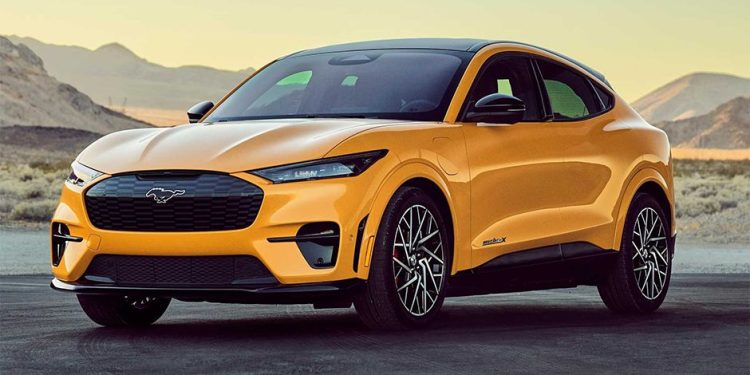Ford announces plan to stop selling petrol cars in Europe
Following in the footsteps of the likes of Volvo, Ford has confirmed a regional culling of internal combustion engine models in Europe.
Overnight the brand confirmed it planned to go electric and hybrid only by 2026, before going full electric by 2030. In the midst of the plan, Ford also announced it would kick off production of its first European-based electric car — Germany circled as its place of production. The model is set to be Ford’s first car built on Volkswagen’s shared modular MEB platform (as used on the ID.3 and ID.4).
The news has been interpreted by some outlets as confirmation that an electrified version of the Mustang is in the works. Perhaps even more curious is the firm’s confirmation that a hybrid and all-electric of the Ranger will be offered in 2024.
It seems likely that markets like New Zealand could inherit a partial or full electric Ranger in the future as a result. The next-generation Ranger is set to share its architecture with the new Volkswagen Amarok, meaning that it could end up being produced in Argentina or possibly in the UK.
“Our announcement today to transform our Cologne facility, the home of our operations in Germany for 90 years, is one of the most significant Ford has made in over a generation. It underlines our commitment to Europe and a modern future with electric vehicles at the heart of our strategy for growth,” said Stuart Rowley, president, Ford of Europe.
“The decision to make the production and development site in Cologne the e-mobility center for Ford in Europe is an important signal to the entire workforce,” added Martin Hennig, chairman of the General Works Council of Ford-Werke GmbH. “It offers a long-term perspective for our employees and at the same time encourages them to help shape this electric future.”
The move comes as numerous European regions and the UK begin to pivot to action respective bans on internal combustion engine cars. The UK’s ban starts in 2030, with other countries like the Netherlands, Norway, and Denmark having declared similar bans.





